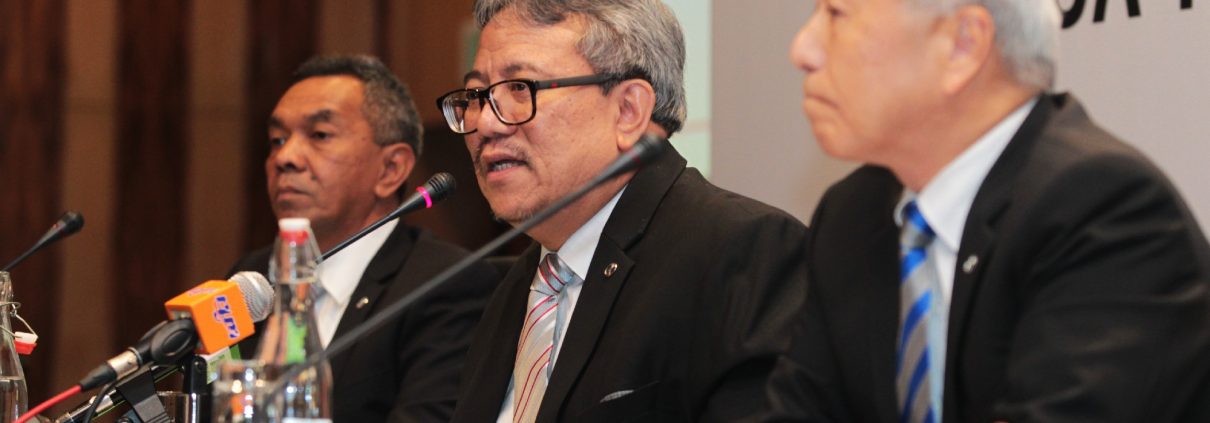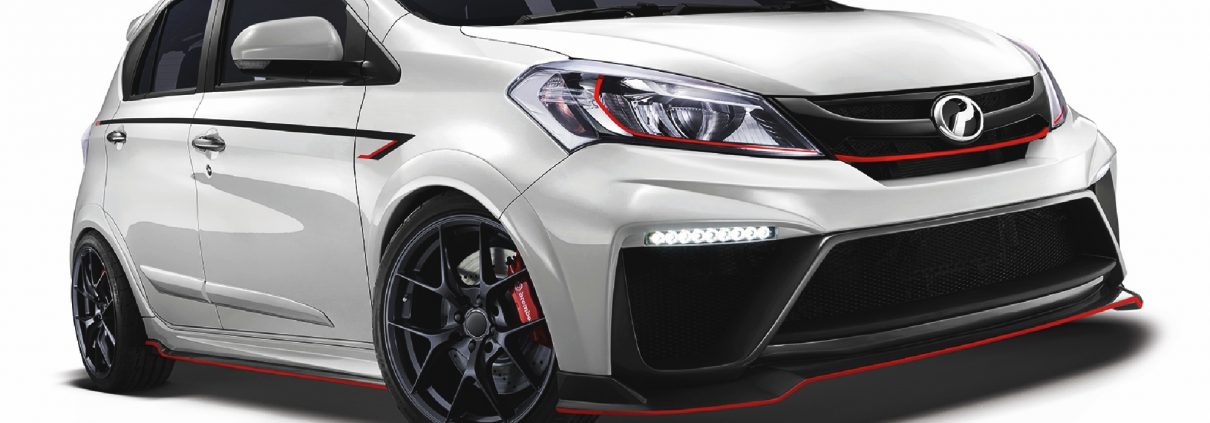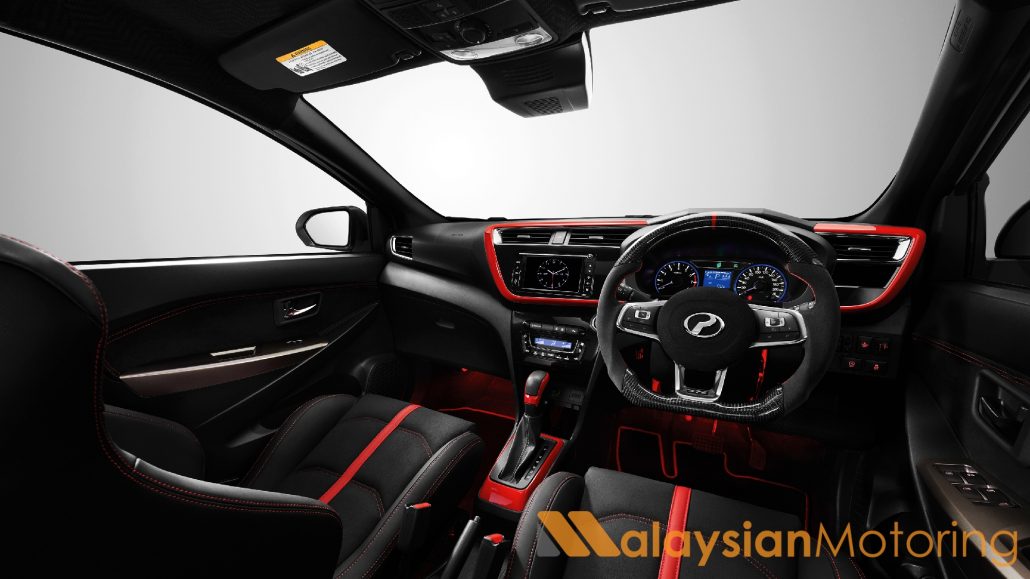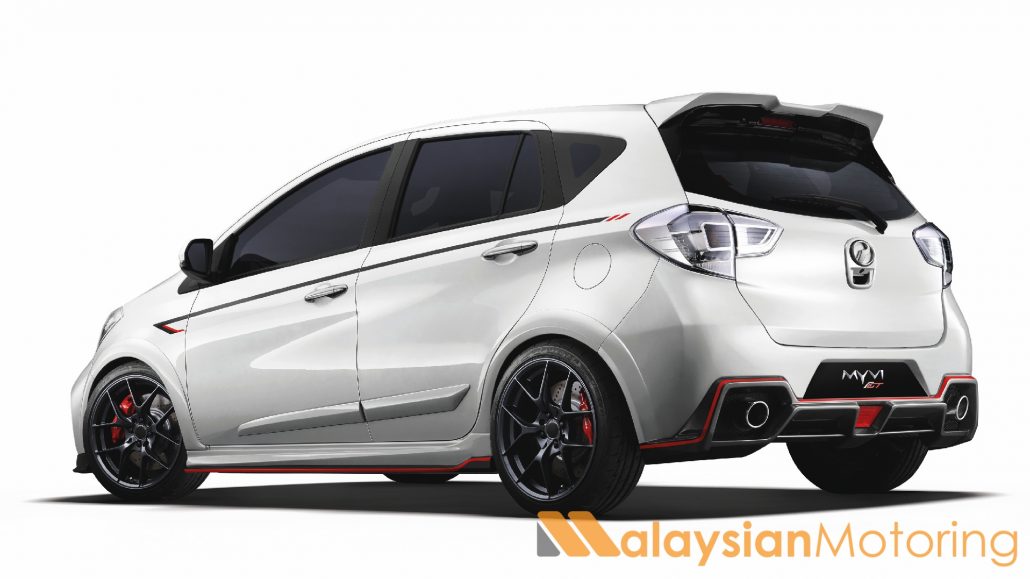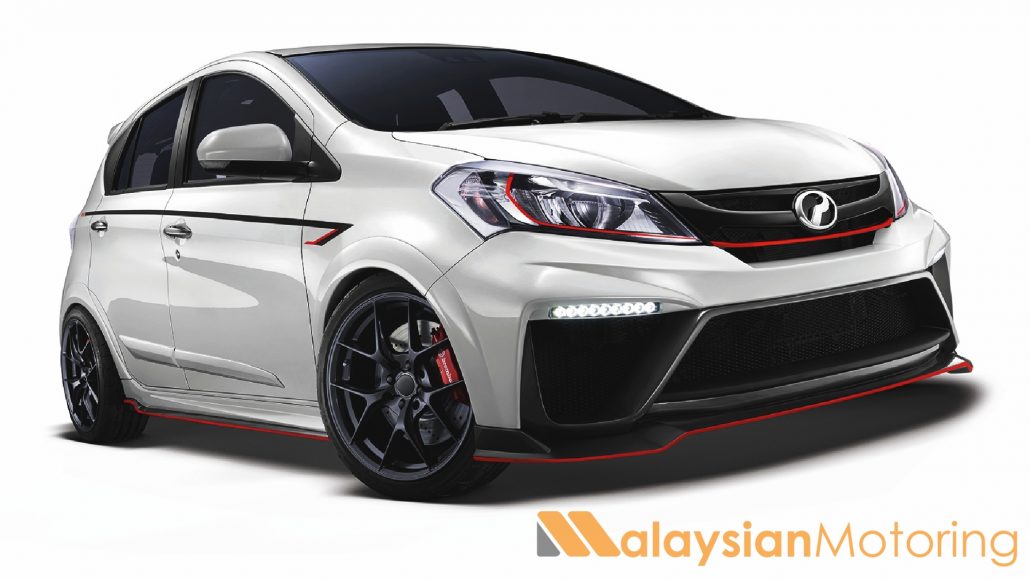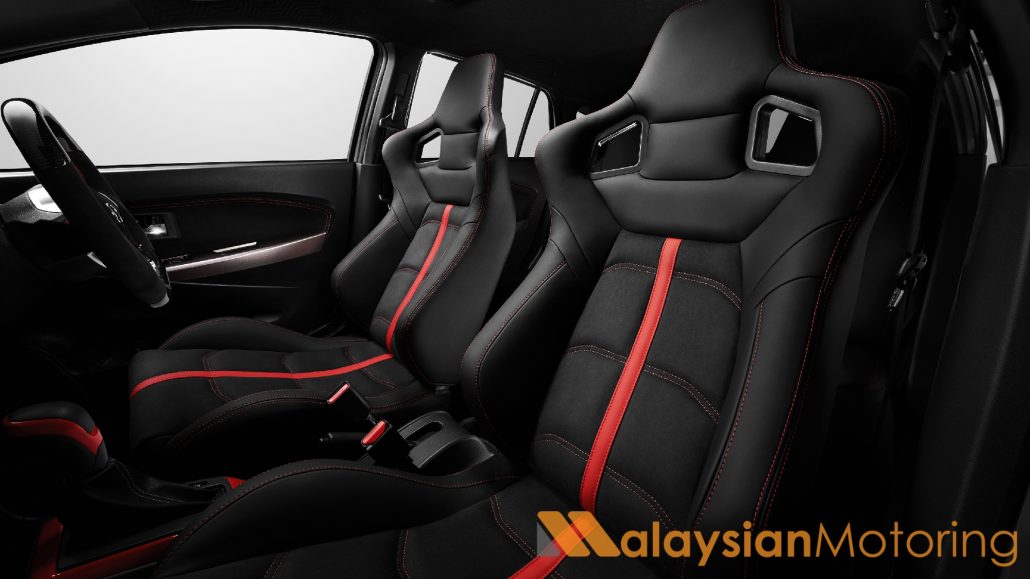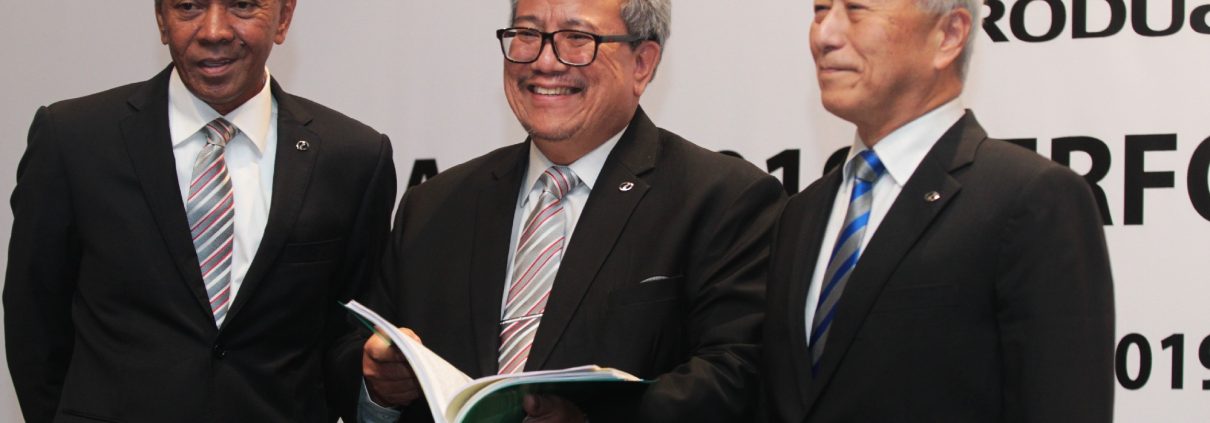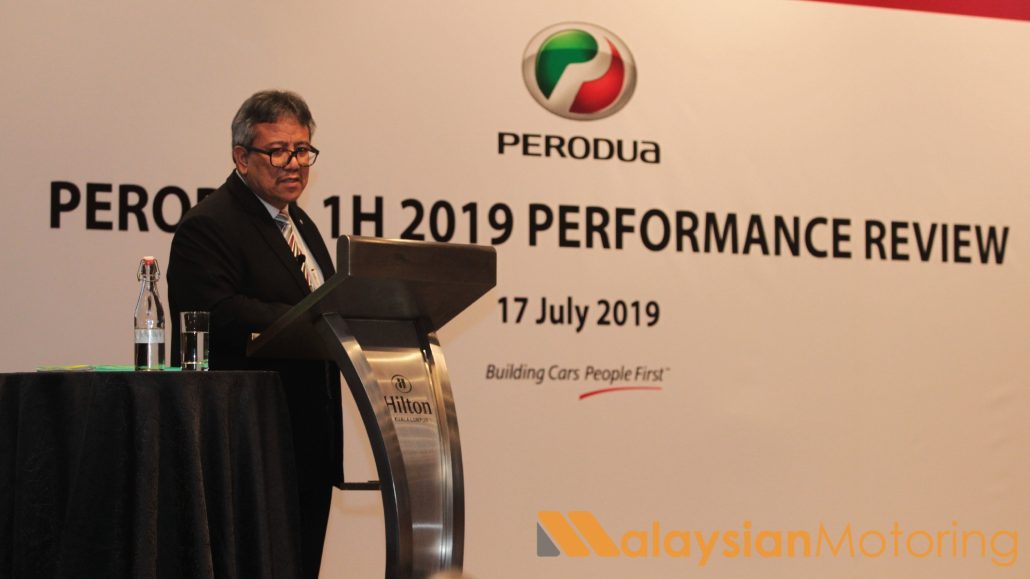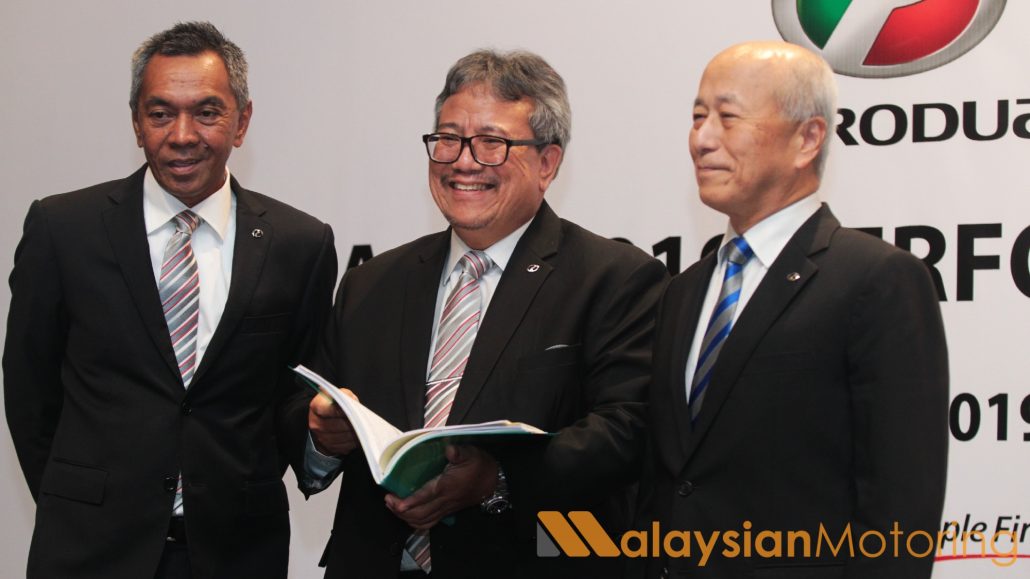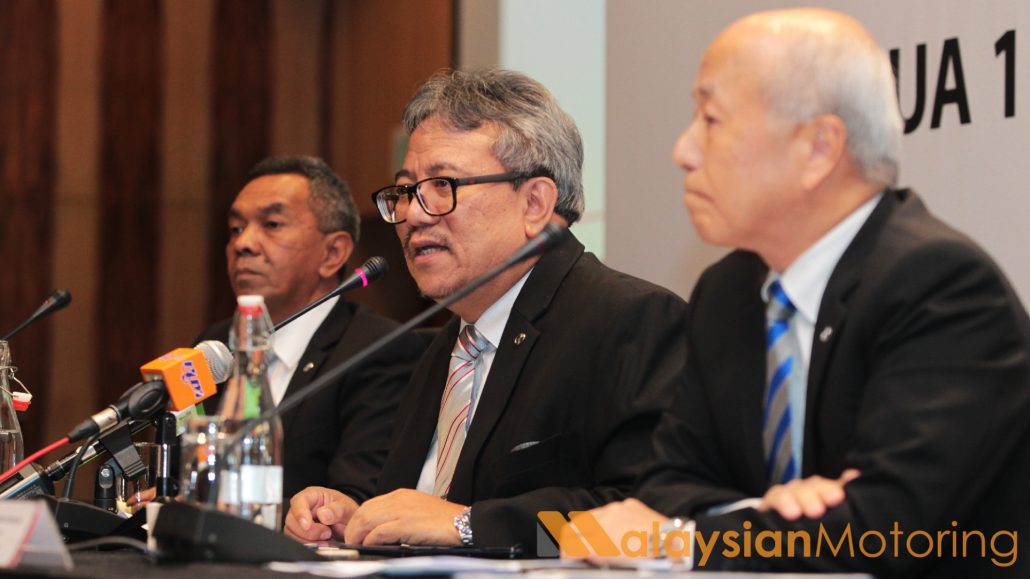2020 Perodua Cars To Include Blind-Spot Monitoring
At their bi-annual sales performance event held in the capital city, Perodua President & CEO Dato’ Zainal Abidin Ahmad announced that in compliance with upcoming safety standards, the Malaysian automotive heavyweight will be including blind-spot monitoring technology in the majority of its lineup, in order to ensure and maintain a full 5-star ANCAP rating for its models.
This was revealed by Dato’ Zainal without much prodding from members of the media, who were otherwise unaware of the new safety rulings.
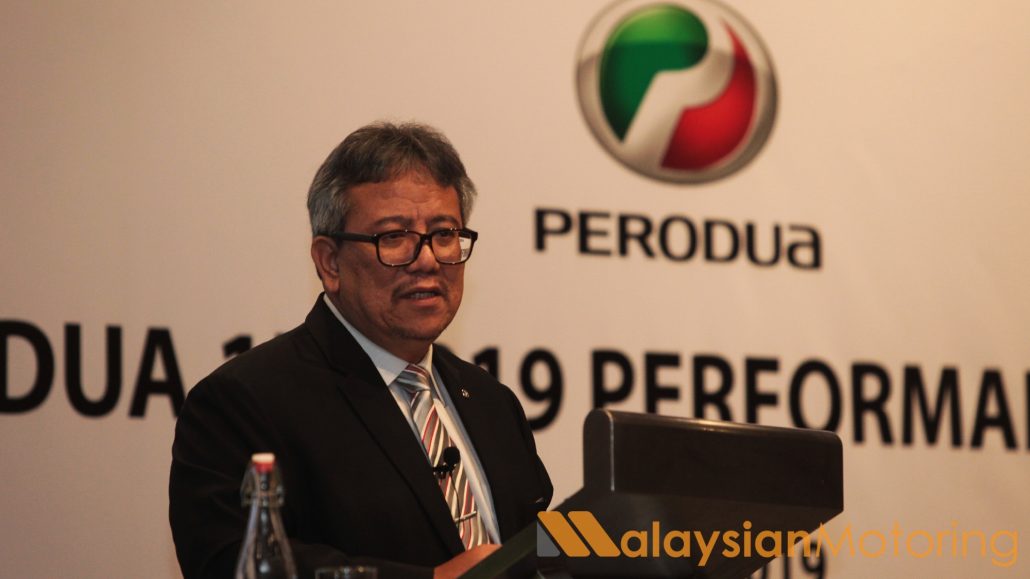
Dato’ Zainal also revealed that the company’s vaunted ASA (Advanced Safety Assist) active safety systems will be included in more of their cars in the near future (and all of their next-generation vehicles for certain), with the only exception to the rule being manual-transmission cars. This makes sense to us as we can’t wrap our head around the idea of a manual vehicle capable of braking & coming to a halt all on its own. Does it trigger the clutch? Who knows.
Regardless, the inclusion of blind-spot monitoring in new 2020-model year vehicles marks a huge step forwards for the motoring industry as a whole. This is not only for the protection of Perodua drivers & owners according to Dato’ Zainal, but will also stand to benefit the 600,000 motorcyclists on Malaysia’s roads. Blind spot monitoring has saved the lives and limbs of many motorcyclists in various instances where they might sit at just the right (or wrong) position as not to be seen by a driver checking their mirrors.
This is also an important move for Perodua as the company aims to protect its workforce, which according to Dato’ Zainal, the majority of which commute to and from work via motorcycle.






